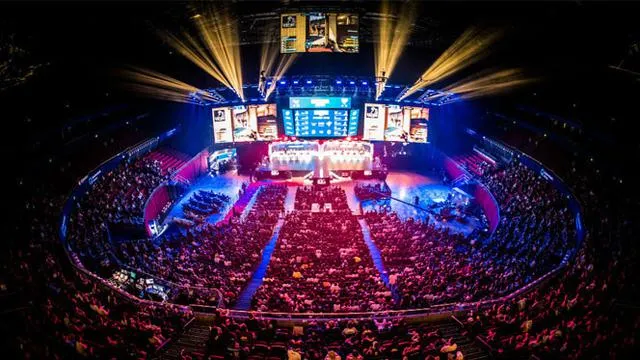
In the intricate tapestry of the fashion industry, fashion brands represent more than just labels; they embody narratives of creativity, identity, and cultural resonance. From haute couture houses to emerging avant-garde labels, each fashion brand crafts a distinct identity that resonates with its audience and shapes the broader fashion landscape.
Defining the Modern Fashion Brand
A fashion brand transcends mere garments; it is a potent symbol of style philosophy and craftsmanship. At its core, a fashion brand encapsulates a unique blend of aesthetic sensibilities, brand ethos, and market positioning. Whether luxury, streetwear, or eco-conscious, each brand curates an aspirational universe that speaks to the desires and aspirations of its clientele.
Elements of a Compelling Fashion Brand
1. Brand Identity: Central to any fashion brand is its identity—a fusion of visual elements, storytelling, and consumer perception. A strong brand identity cultivates brand loyalty and sets the brand apart in a competitive market.
2. Creative Direction: The creative visionaries behind a fashion brand dictate its artistic direction, influencing everything from runway presentations to ad campaigns. Their innovative spirit shapes trends and pushes boundaries within the industry.
3. Cultural Influence: Beyond apparel, fashion brands wield cultural influence, reflecting societal values and evolving narratives. They serve as cultural arbiters, responding to and shaping trends in art, music, and lifestyle.
Evolution of Fashion Branding Strategies
The evolution of fashion brands parallels shifts in consumer behavior and technological advancements. In the digital age, brands leverage social media platforms and e-commerce channels to engage global audiences and foster community-driven experiences. This digital presence not only amplifies brand visibility but also facilitates direct consumer interaction and feedback.
Sustainability and Ethical Practices
In recent years, sustainability has emerged as a defining principle for fashion brands committed to minimizing environmental impact and promoting ethical production practices. Sustainable fashion brands integrate eco-friendly materials, embrace fair trade practices, and champion transparency in their supply chains—an ethos resonating strongly with eco-conscious consumers.
The Business of Fashion: Economics and Innovation
Behind the glamour of runway shows and celebrity endorsements lies a complex business framework. Fashion brands navigate intricate supply chains, manage inventory logistics, and strategize pricing models to ensure profitability while maintaining brand integrity. Innovations in data analytics and predictive modeling further empower brands to anticipate consumer trends and optimize operational efficiencies.
Case Studies: Iconic Fashion Brands
1. Chanel: Renowned for its timeless elegance and pioneering spirit, Chanel embodies luxury and innovation in women’s fashion. From the iconic Chanel suit to the timeless Chanel No. 5 fragrance, the brand continues to redefine sophistication and style.
2. Nike: A global powerhouse in athletic apparel, Nike blends performance innovation with cultural relevance. Through strategic collaborations and groundbreaking marketing campaigns, Nike inspires athletes and enthusiasts worldwide.
Future Trends and Forecast
Looking ahead, the future of fashion brands lies in embracing digital transformation, fostering sustainability, and enhancing inclusivity. Brands that adapt to shifting consumer preferences and societal expectations will thrive in an increasingly competitive marketplace.
Conclusion
In conclusion, fashion brands epitomize the intersection of artistry, commerce, and cultural influence. As pillars of creativity and aspiration, these brands shape our perceptions of style and identity. By delving into the essence of fashion brands, we unravel the intricate threads that bind creativity, innovation, and consumer engagement—a testament to the enduring allure of fashion in our contemporary world.





